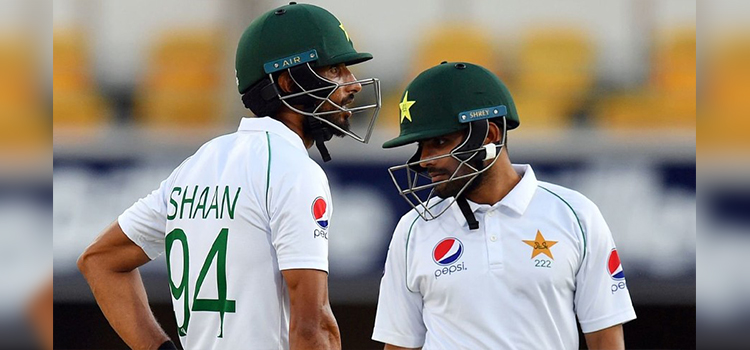The future leadership of Pakistan cricket, including captains Babar Azam and Shan Masood, will not be a focal point of discussion during the upcoming “Connection Camp” organized by the Pakistan Cricket Board (PCB). According to a report by Dawn on Sunday, the camp, scheduled for September 23, will focus on reviewing the board’s policies rather than addressing the national team’s performance issues.
The camp is set to bring together key stakeholders, including Pakistan’s white-ball and Test coaches, Gary Kirsten and Jason Gillespie, along with mentors from the recently introduced Champions Cup teams. However, the event’s agenda is not expected to delve into the recent challenges faced by the national team.
Pakistan’s cricketing woes have been highlighted by a series of poor performances, including a historic 0-2 Test series loss to Bangladesh under Shan Masood’s captaincy. The national side also suffered defeats against Afghanistan and the United States in both 50-over and T20 World Cup formats, adding pressure on Babar Azam’s leadership in white-ball cricket. These failures have sparked widespread criticism of the PCB.
Despite the growing scrutiny, the Connection Camp aims to address broader issues, particularly around shaping the future of Pakistan cricket through policy review. The event, however, will feature individuals who have held key roles within the PCB over the past few years, leading to concerns about the independence of the discussions.
“There have been multiple changes in captaincy, which have affected the team’s unity, and this is one of the reasons why the captaincy issue won’t be discussed at the camp,” the PCB official explained, on the condition of anonymity.
Critics have questioned why PCB Chairman Mohsin Naqvi has invited individuals like Waqar Younis, Misbah-ul-Haq, Mohammad Yousuf, Saqlain Mushtaq, and Khurram Niazi — figures who have been deeply involved in Pakistan cricket over the last three years — given the team’s ongoing struggles. The official expressed concerns that these familiar faces may not offer fresh perspectives.
The Connection Camp is expected to host a dozen centrally and domestically contracted players, alongside the PCB’s executive team. The official shared that the vision of the camp is to define the future direction of Pakistan cricket. “The objective is to discuss and align on what type of cricket we want to play, the culture we want to create, and how we want to be perceived by our fans and peers,” they said.
The PCB is hopeful that the camp will lead to positive outcomes, including fostering unity, enhancing communication and trust, and creating a stronger sense of accountability within the team. Ultimately, the board aims to build cohesion and pave the way for future success.









